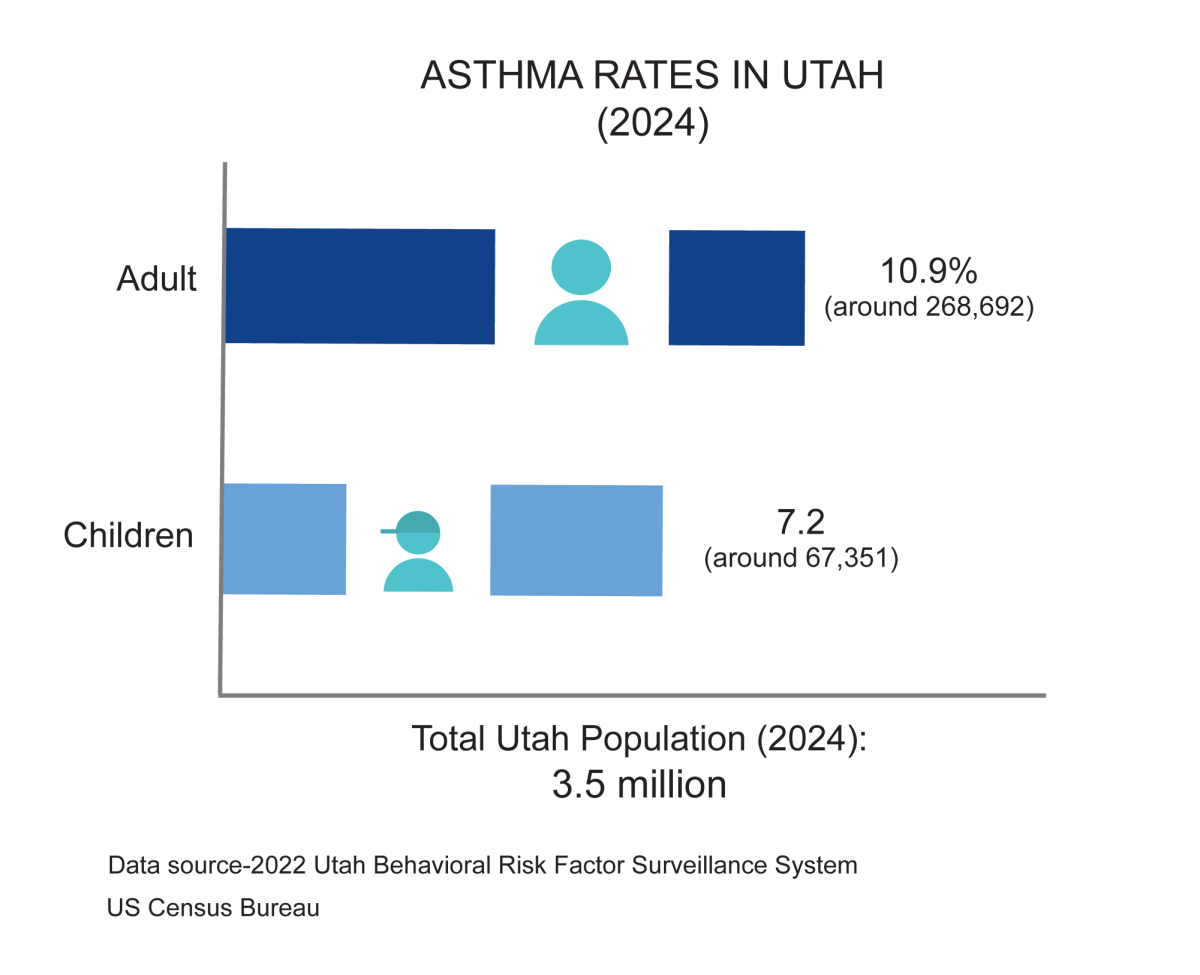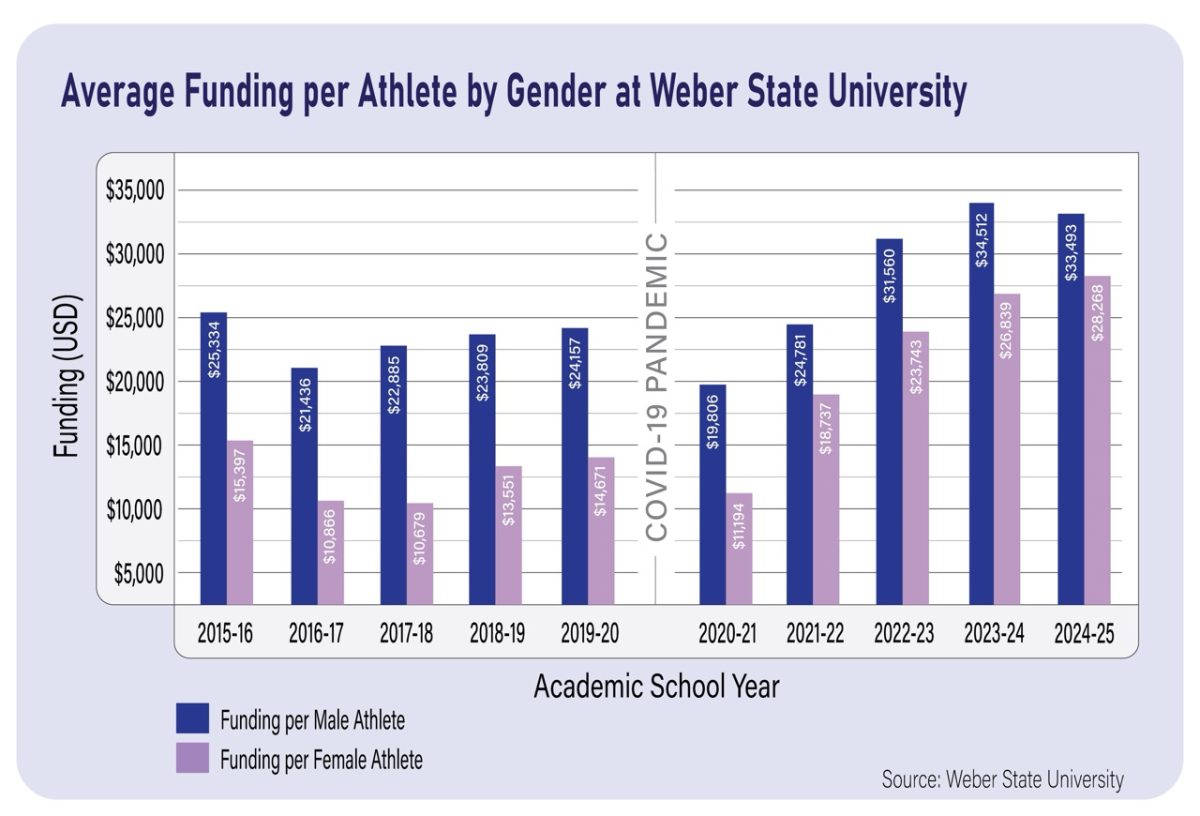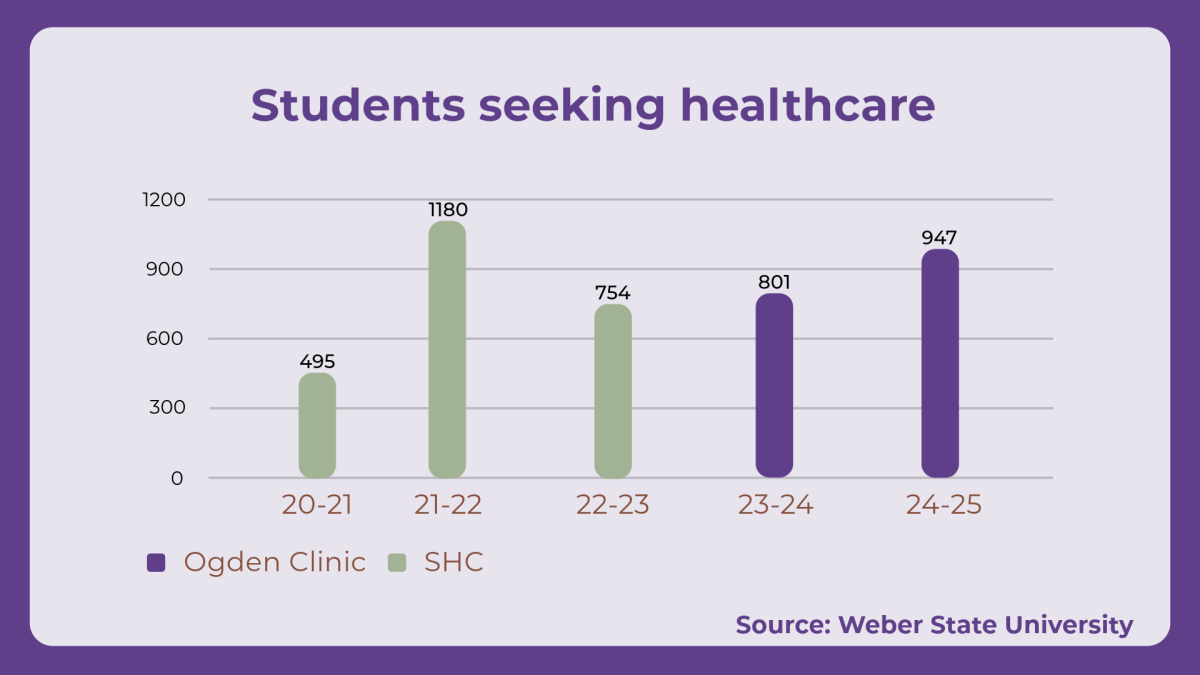
Weber State University students gathered together in the ballrooms of the Shepherd Union on Thursday afternoon to deliberate over their thoughts and opinions as part of Deliberative Democracy Day’s focus groups.
This year’s event focused on the topic of minimum wage and income inequality. According to a document given to the focus group facilitators, the purpose of the groups is to discuss issues in a civil manner, ask questions and learn others’ viewpoints.
“If people deliberate over controversial topics, they will get more information,” said communications professor Susan Hafen. “And they will often move from extreme positions to a more moderate position in terms of understanding multiple perspectives.”
According to Hafen, there were 11 focus groups within the event, each consisting of three to eight WSU students. Two facilitators, consisting of students in Hafen’s group facilitation and leadership course, led each group.
“Our focus group facilitators are trained in the communication class to be able to hear everybody’s opinion and to always get oppositional viewpoints,” said Hafen.
Within each focus group, the facilitators asked the participants a series of hot-button questions that tied in to the topic of minimum wage and income inequality.
After questions were discussed, the participants in each focus group then generated three to five questions to be directed towards a panel of experts after the conclusion of the group meeting.
Student Sustainability Communications Coordinator Kristi Mak described her involvement as a student facilitator for one of the focus groups.
“We came into Deliberative Democracy Day as a learning opportunity to become better at facilitating group discussion,” said Mak. “Especially with the focus of having civil discussions and being able to talk about difficult subjects.”
The research gathered by the focus groups comes from two separate surveys. According to Mak, participants took a pre-event survey regarding their knowledge about economic inequality and minimum wage.
After the focus groups concluded and the panel discussion ended, participants took a post-survey to see what they had learned, and to test any other knowledge regarding the topic.
According to Marissa Questereit, leadership vice president of the Weber State University Student Association, the research from the surveys will be compiled, and some information will be used to help improve future Deliberative Democracy events. Other information will then be given to the communications department.
Questereit also indicated that after the information has been compiled and analyzed, the results would have the possibility of being made public.













